Virulent Newcastle Disease (vND) Found in Backyard Poultry Flocks
At least 52 cases of vND have been confirmed in southern California since May 18, according to an alert issued by the U.S. Department of Agriculture’s Animal and Plant Health Inspection Service (APHIS). Most cases have been in San Bernardino County, near the Los Angeles area, and all have involved backyard poultry.
Virulent Newcastle Disease is a viral disease that spreads quickly and can infect and cause death even in vaccinated poultry. The American Association of Avian Pathologists (AAAP) and APHIS advise that all bird owners should be aware of the basics of the disease, how to help prevent it, and what to do if they suspect their birds might have it.
The disease is spread mainly through direct contact between healthy birds and the bodily discharges of infected birds. Virus-bearing material can be picked up on shoes and clothing and carried from an infected flock to a healthy one.
Signs of Virulent Newcastle Disease
If you see any of the following signs in your birds, they could be sick and should be checked out:
- Sudden death and increased death loss in flock;
- Sneezing, gasping for air, nasal discharge, coughing;
- Greenish, watery diarrhea;
- Decreased activity, tremors, drooping wings, twisting of head and neck, circling, complete stiffness; and
- Swelling around the eyes and neck.
Report Sick Birds ASAP If your birds are sick or dying, report it right away.
Early detection and testing of possible cases of virulent Newcastle disease is critical to preventing a large-scale outbreak.
Contact your agricultural extension office/agent, local veterinarian, local animal health diagnostic laboratory, or the State veterinarian. Or, call USDA toll free at 1-866-5367593. There is no charge for a disease investigation.
How Virulent Newcastle Disease Spreads
Virulent Newcastle disease spreads when healthy birds come in direct contact with bodily fluids from sick birds. The disease affects almost all birds and poultry, even vaccinated poultry. The virus can travel on manure, egg flats, crates, other farming materials or equipment, and people who have picked up the virus on their clothing, shoes, or hands.
APHIS and AAAP advise poultry owners to protect their birds by following these measures:
- Restrict traffic onto and off your property.
- Disinfect shoes, clothes, hands, egg trays or flats, crates, vehicles, and tires.
- Avoid visits to other poultry farms or bird owners if possible.
- Wash hands and scrub shoes/boots before and after entering a poultry area.
- Isolate any birds returning from shows for 30 days before placing them with the rest of the flock.
- Stay informed about the location and progression of the outbreak.
- Practice self-quarantine. Stop the movement of birds between locations until the outbreak has been controlled.
Virulent Newcastle Disease has not been found in commercial poultry in the United States since 2003, and no human cases of Newcastle disease have ever occurred from eating poultry products, according to APHIS. Properly cooked poultry products are safe to eat. In very rare instances, people working directly with sick birds can become infected. Symptoms are usually very mild and limited to conjunctivitis. Infection is easily prevented by using standard personal protective equipment.
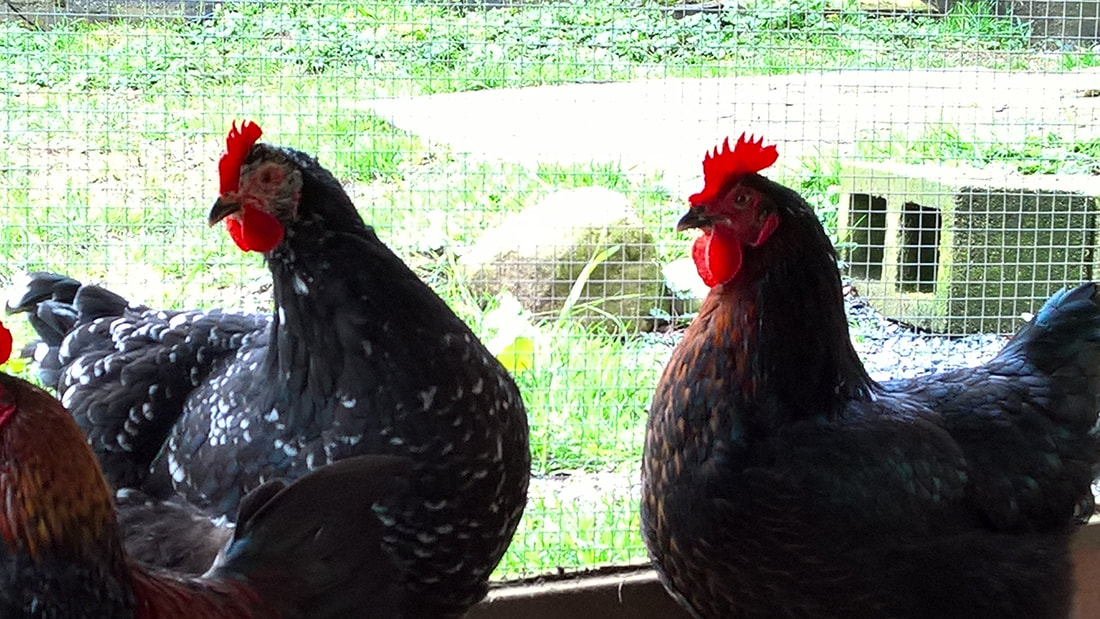
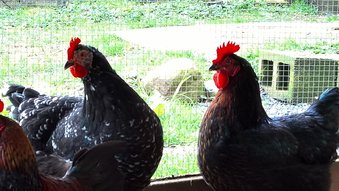
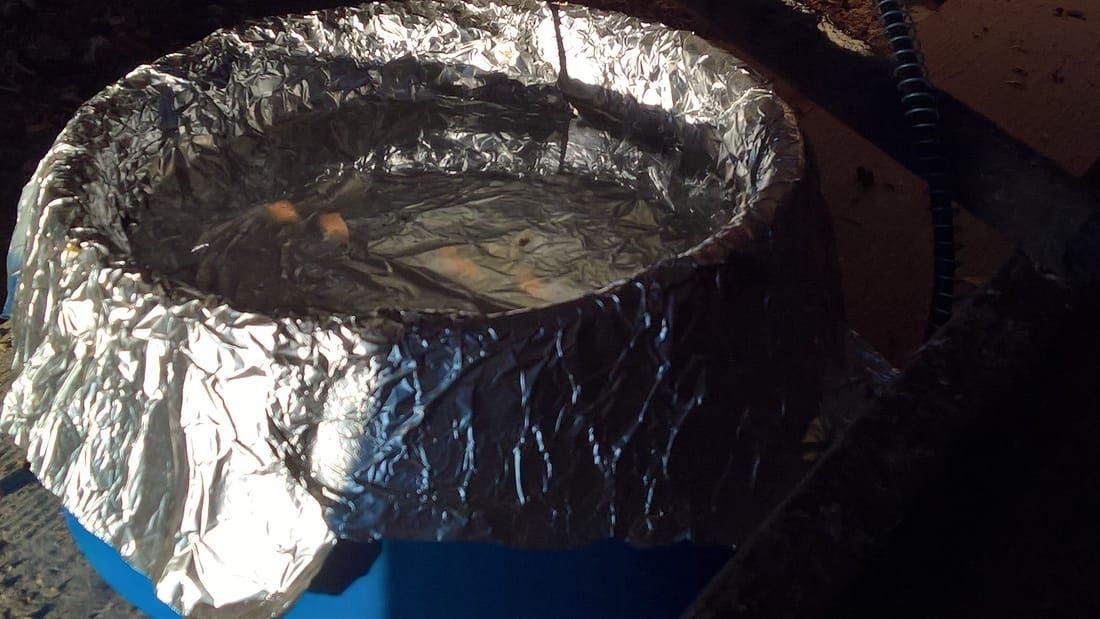
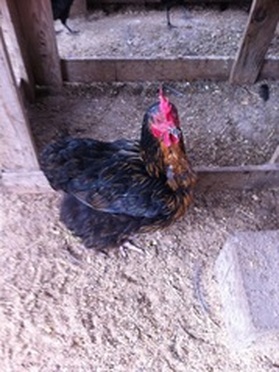
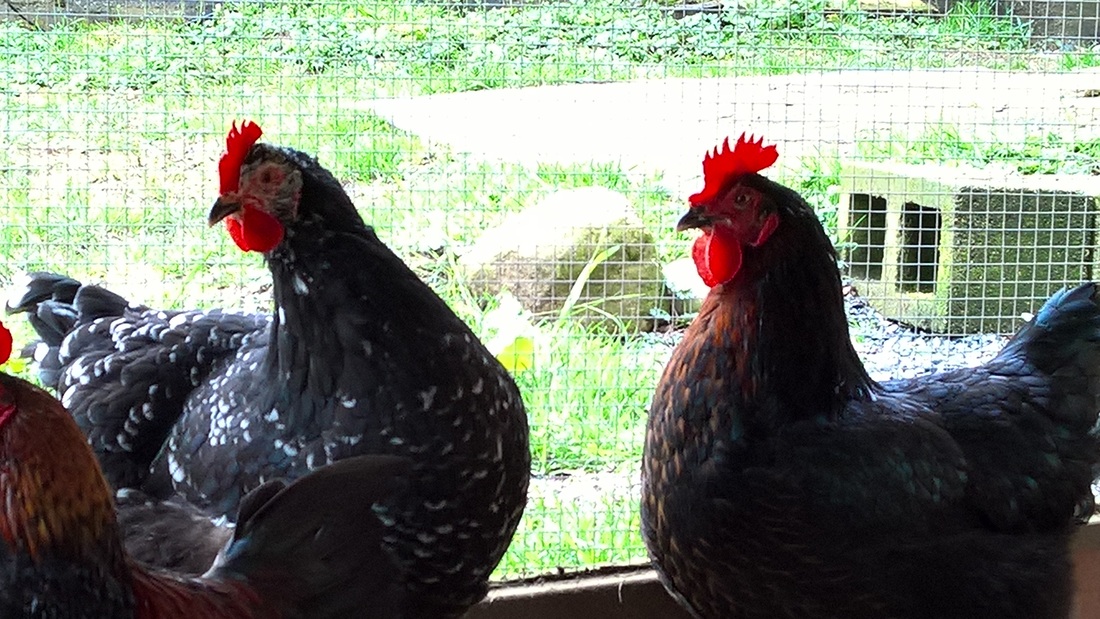
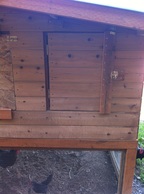
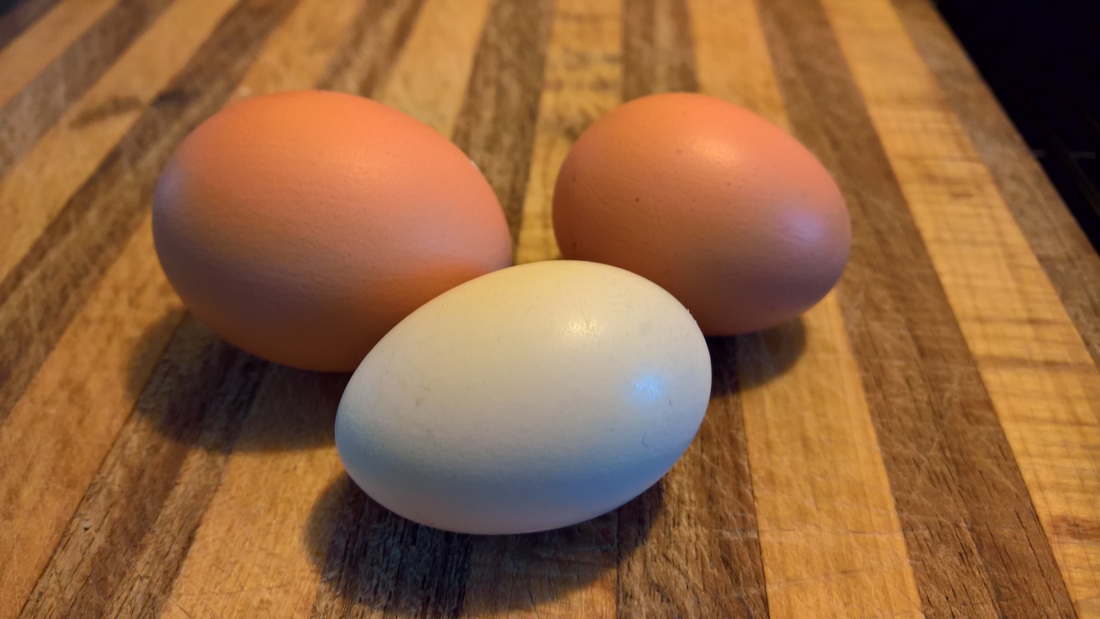
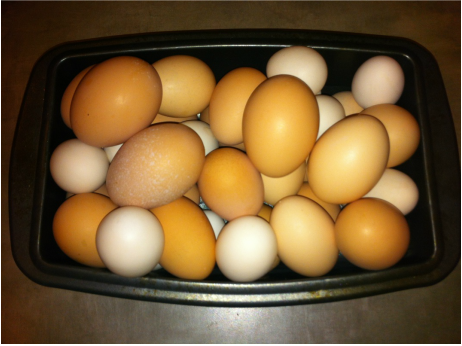

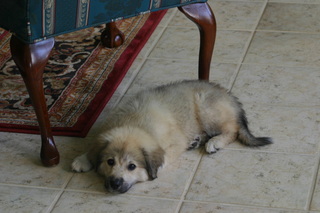
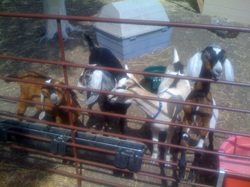
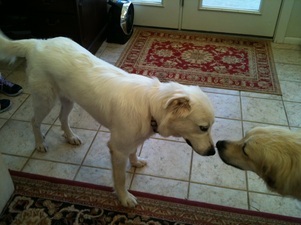

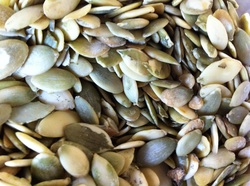
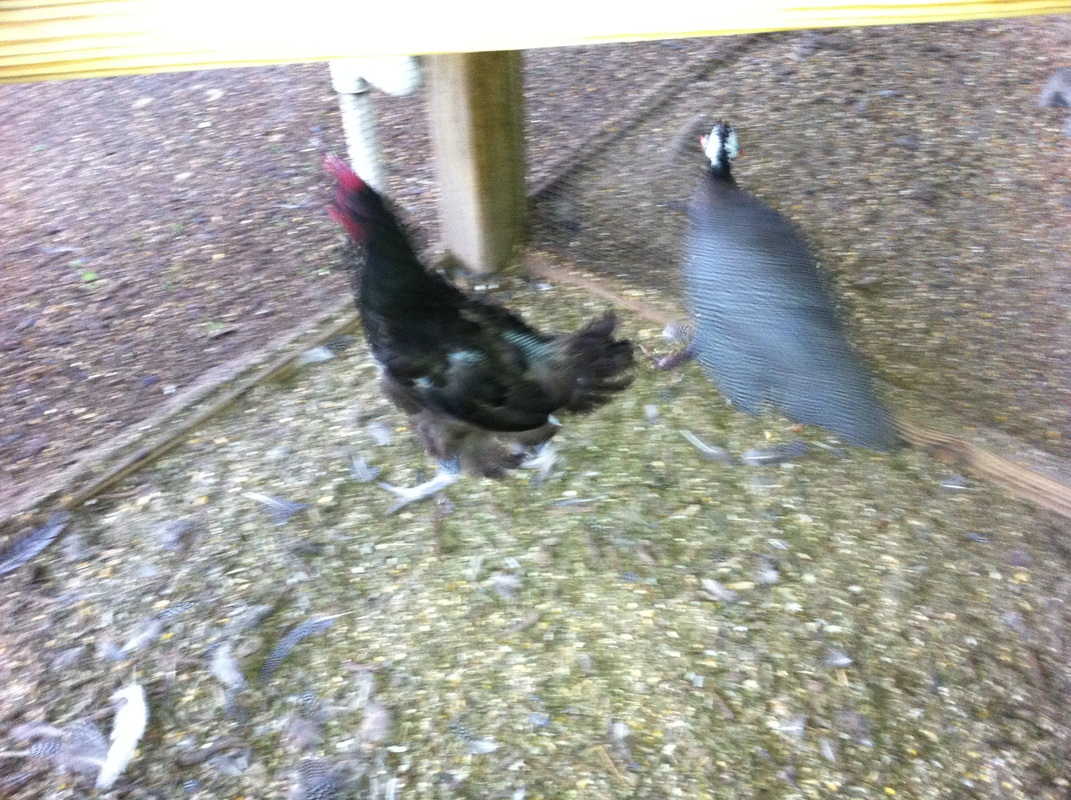
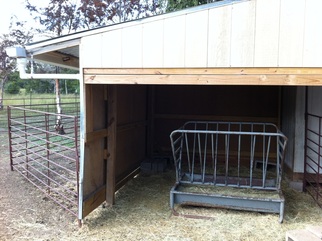
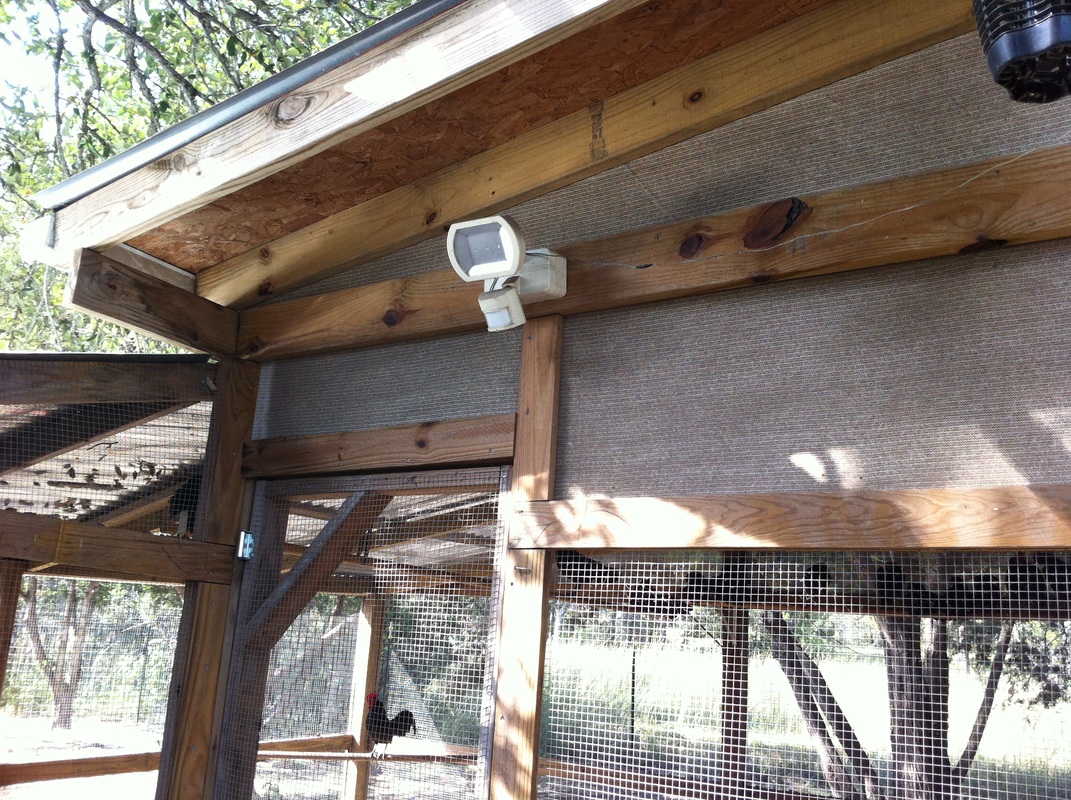
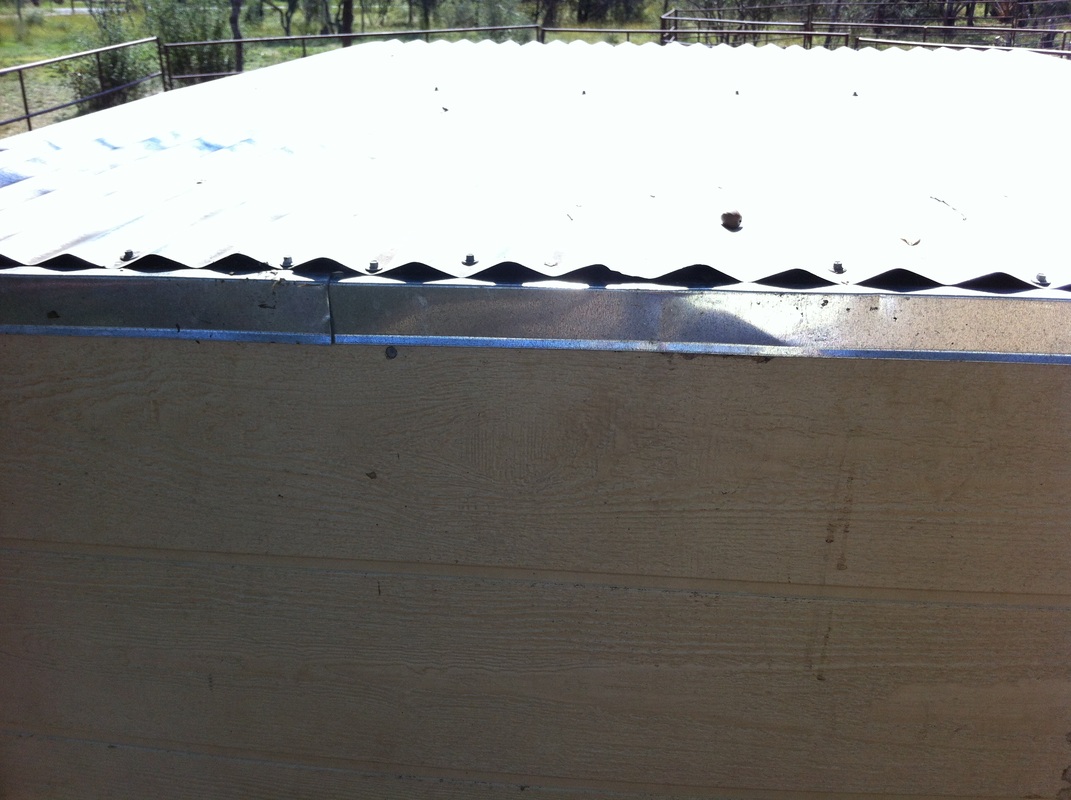
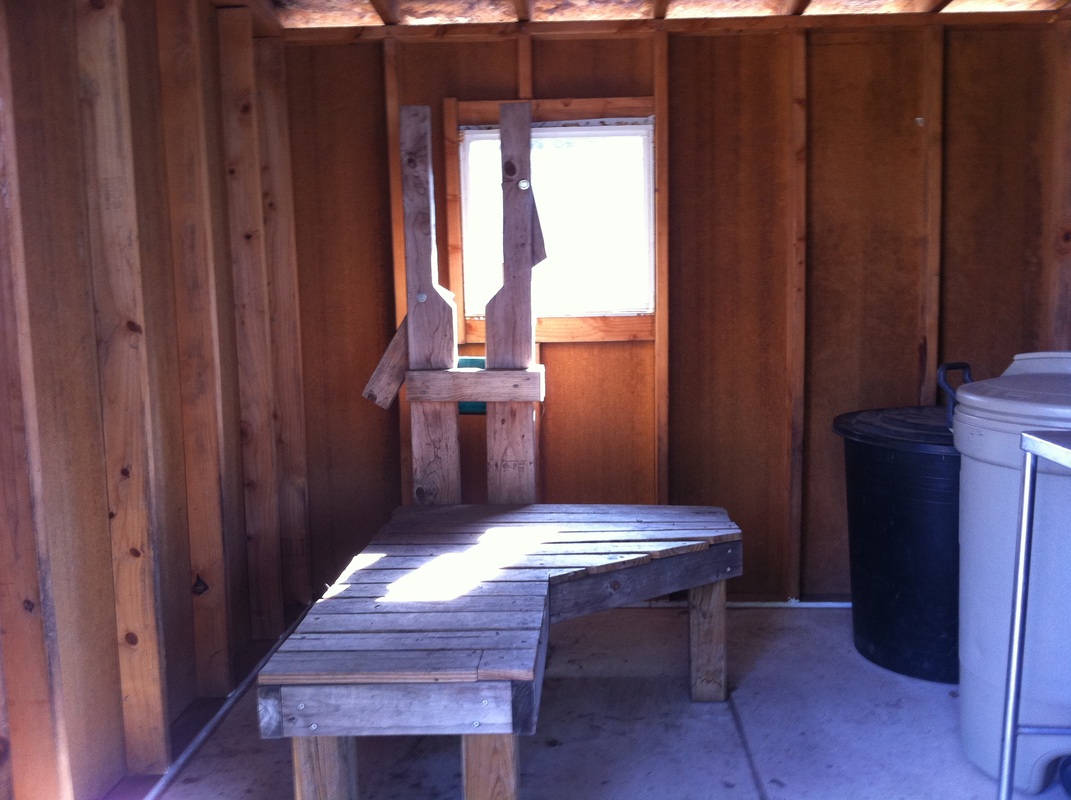
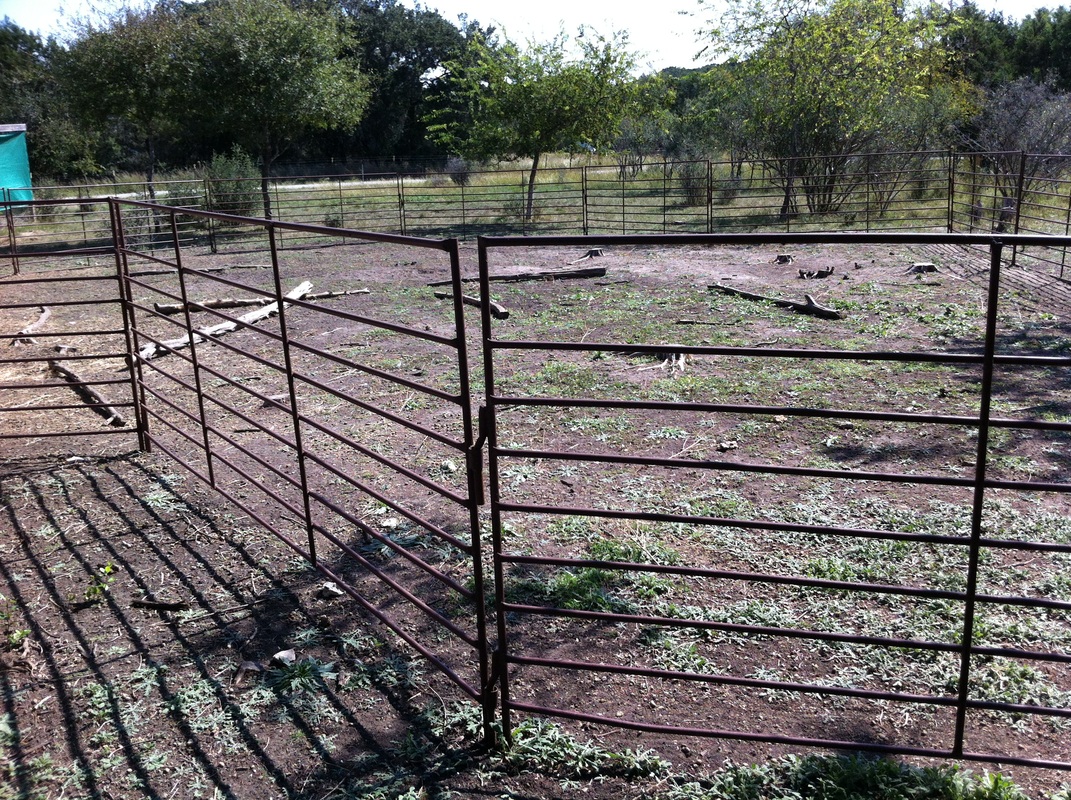
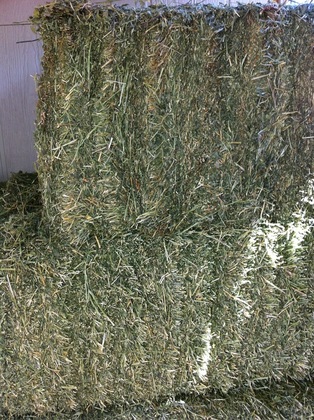
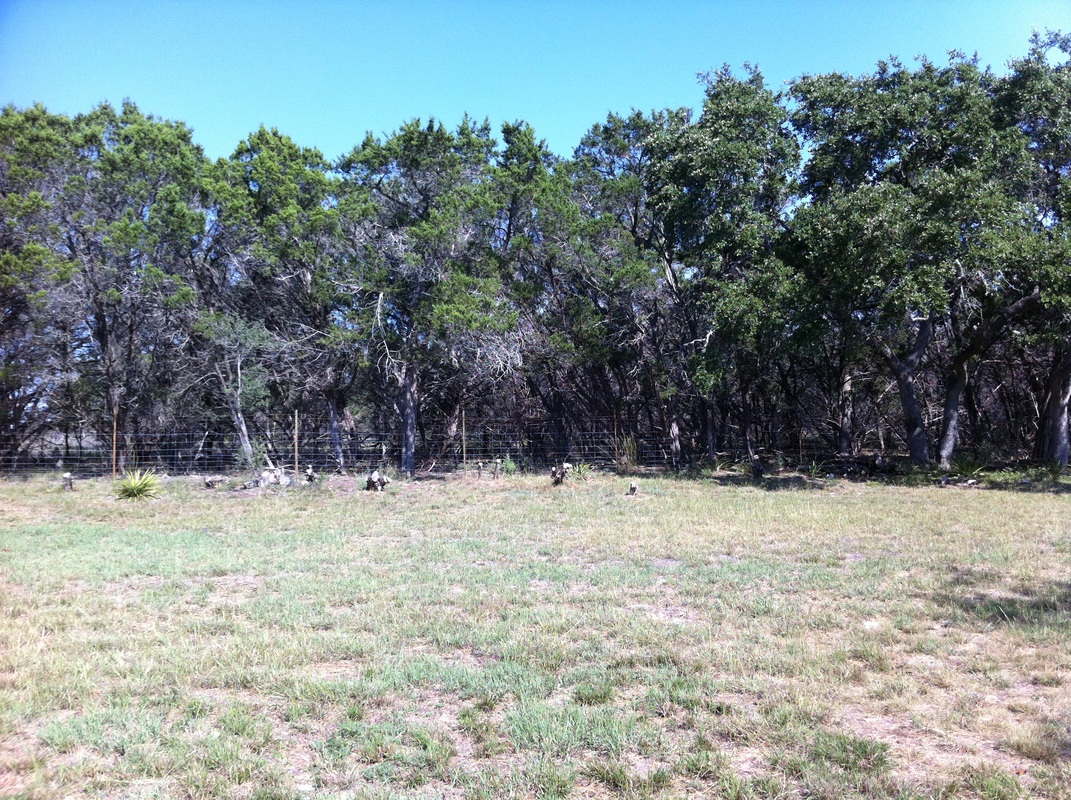
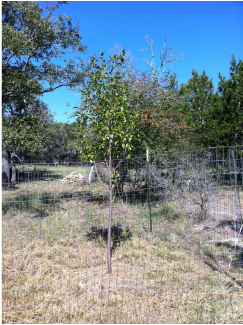
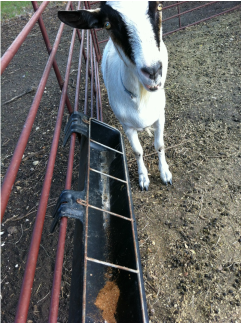
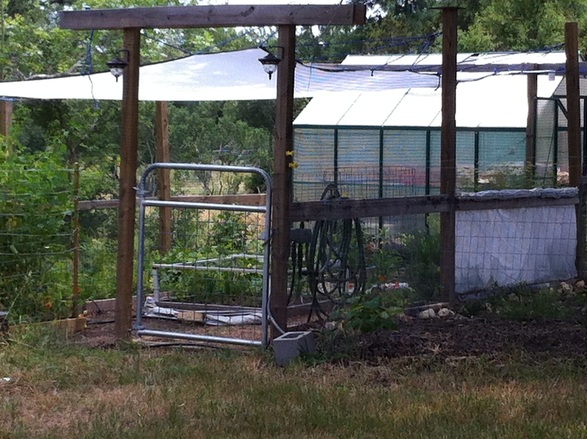
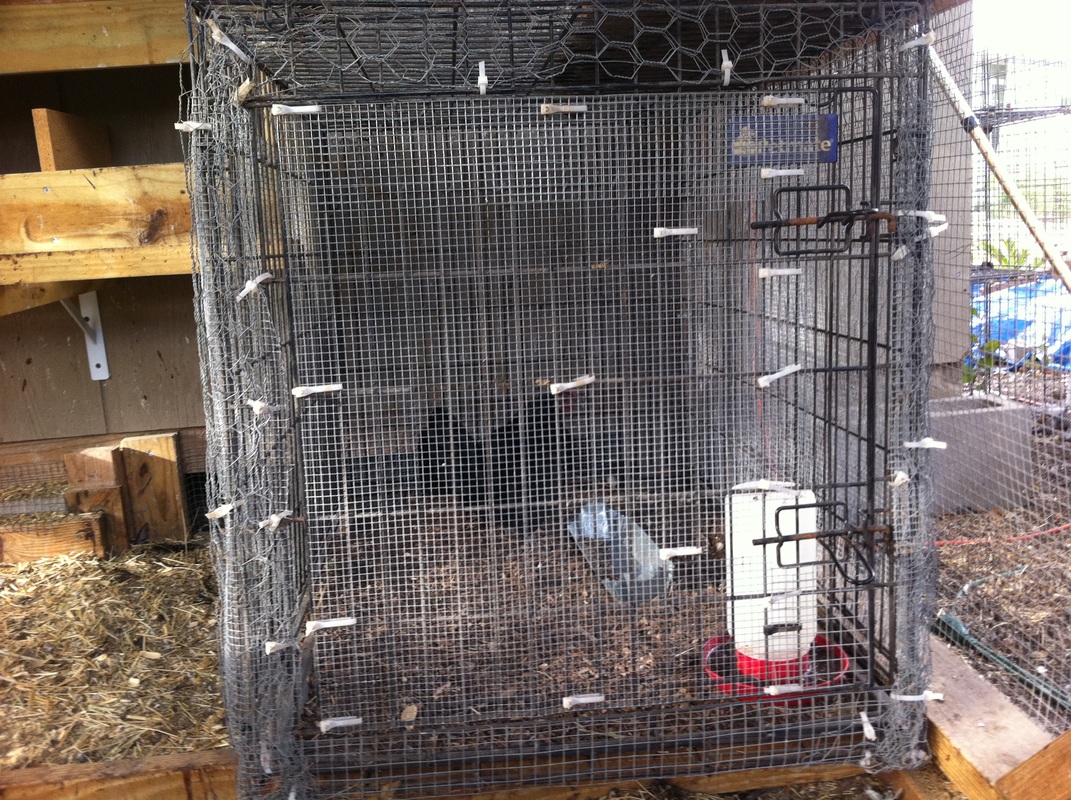
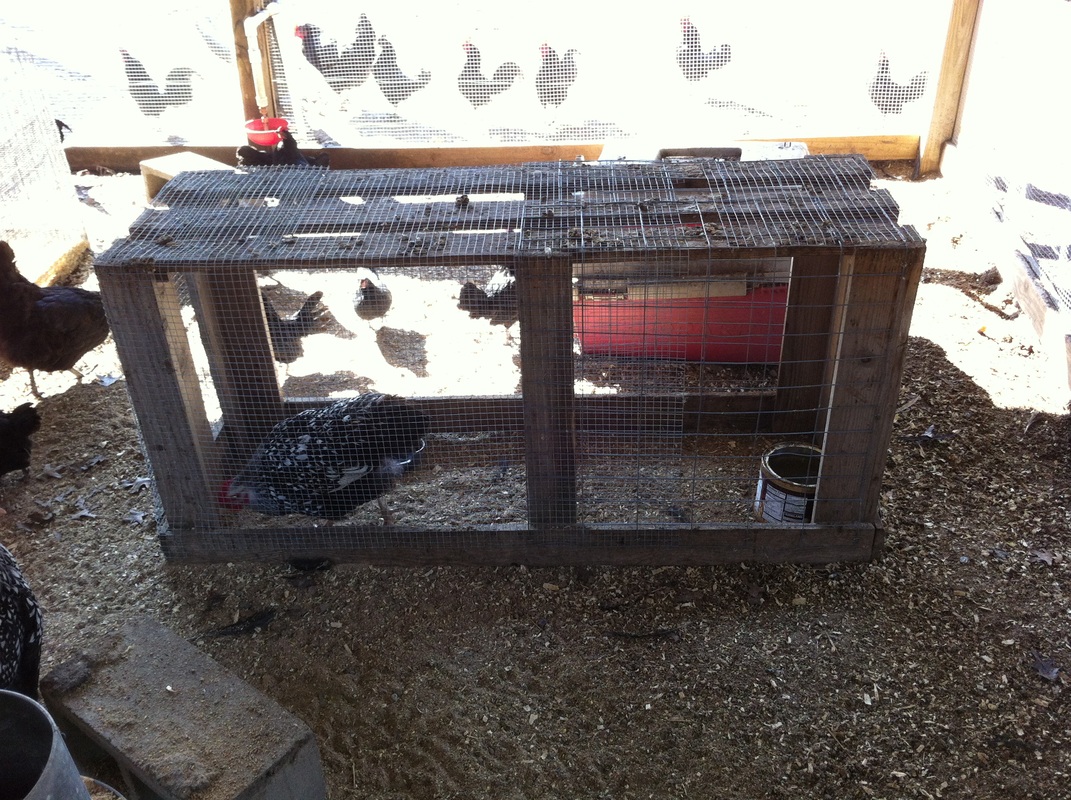
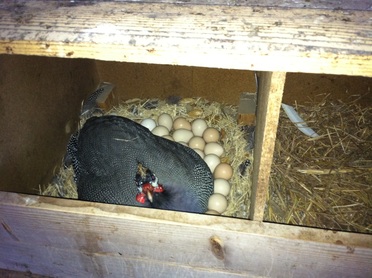

 RSS Feed
RSS Feed
